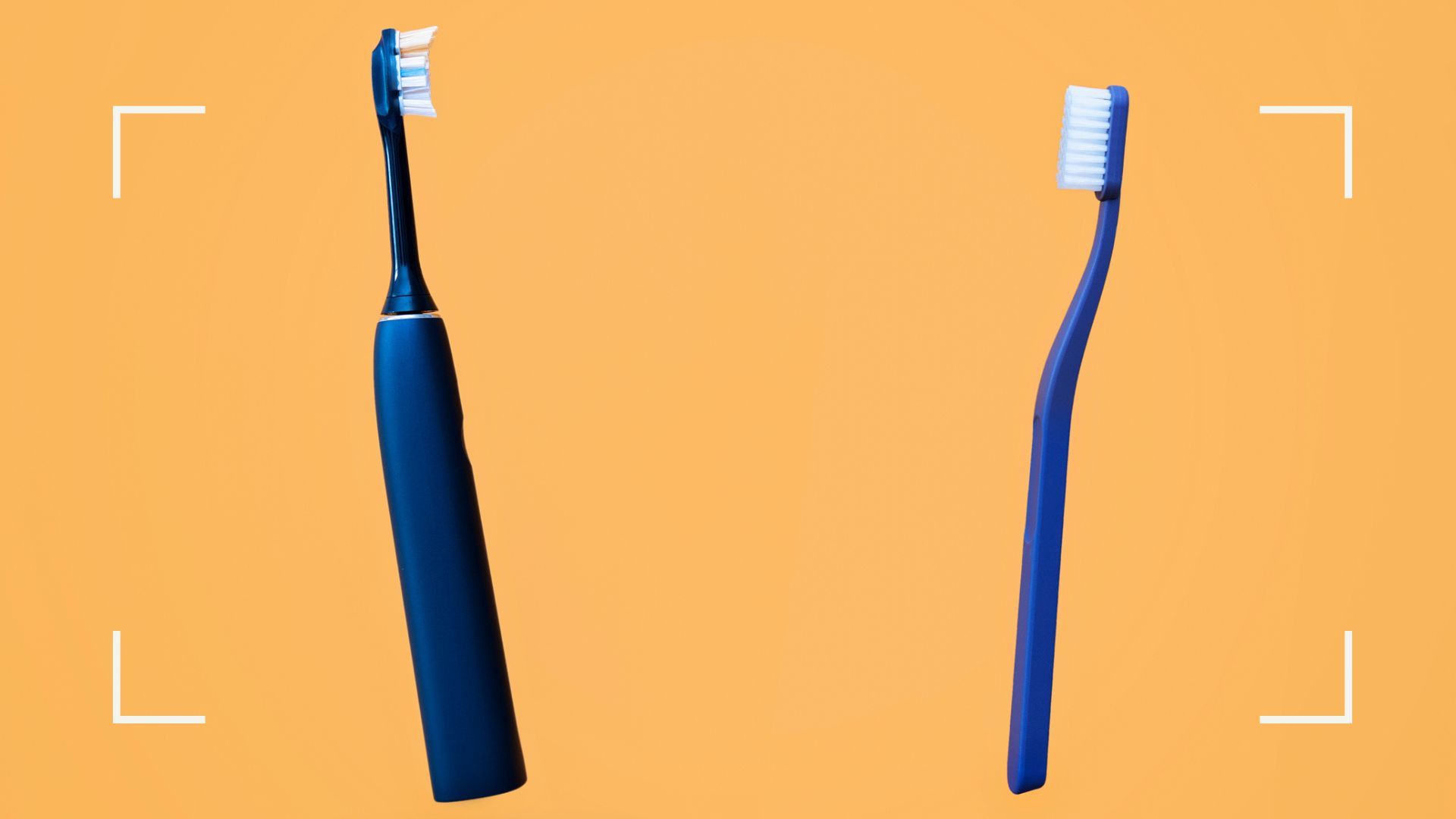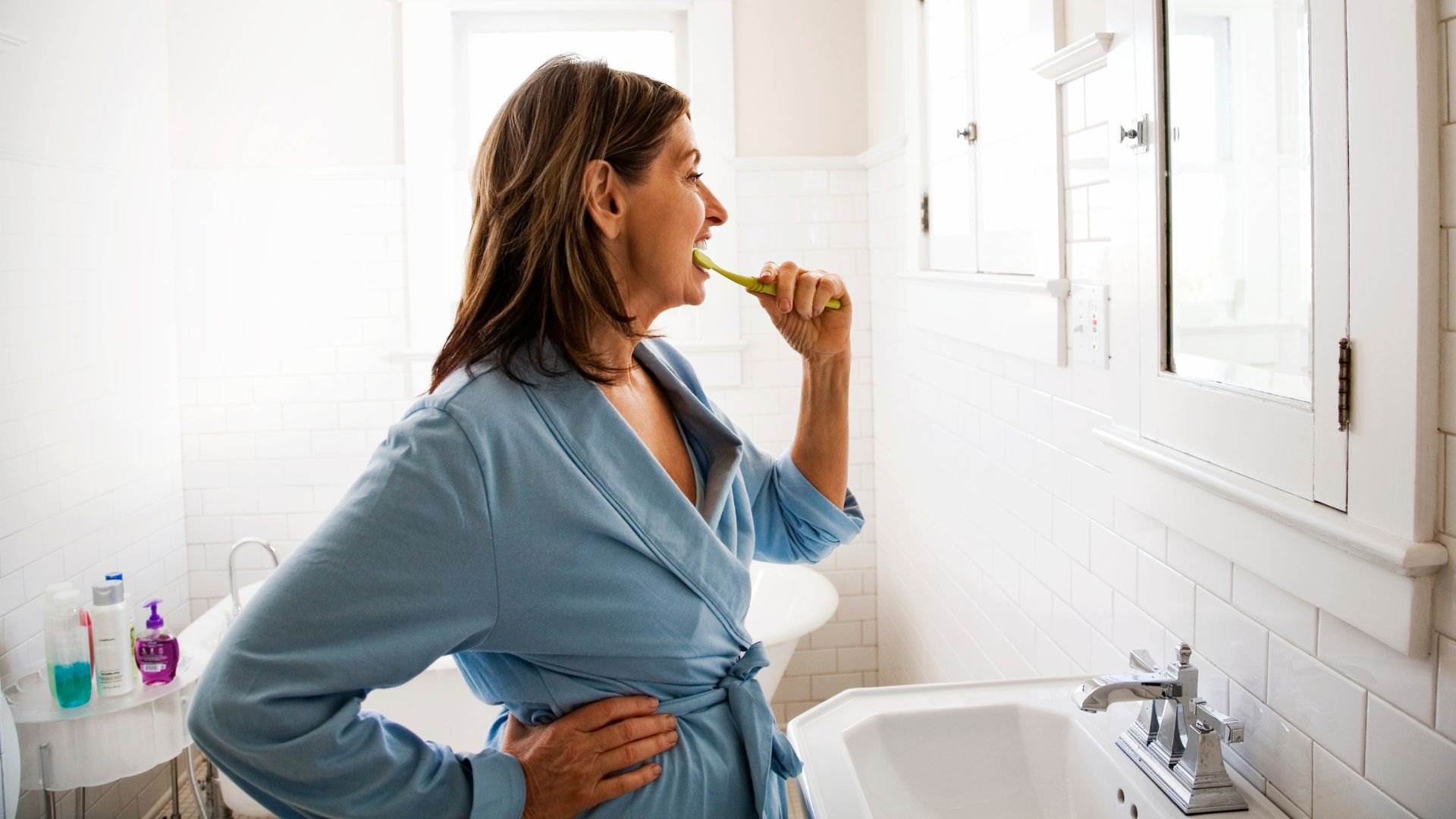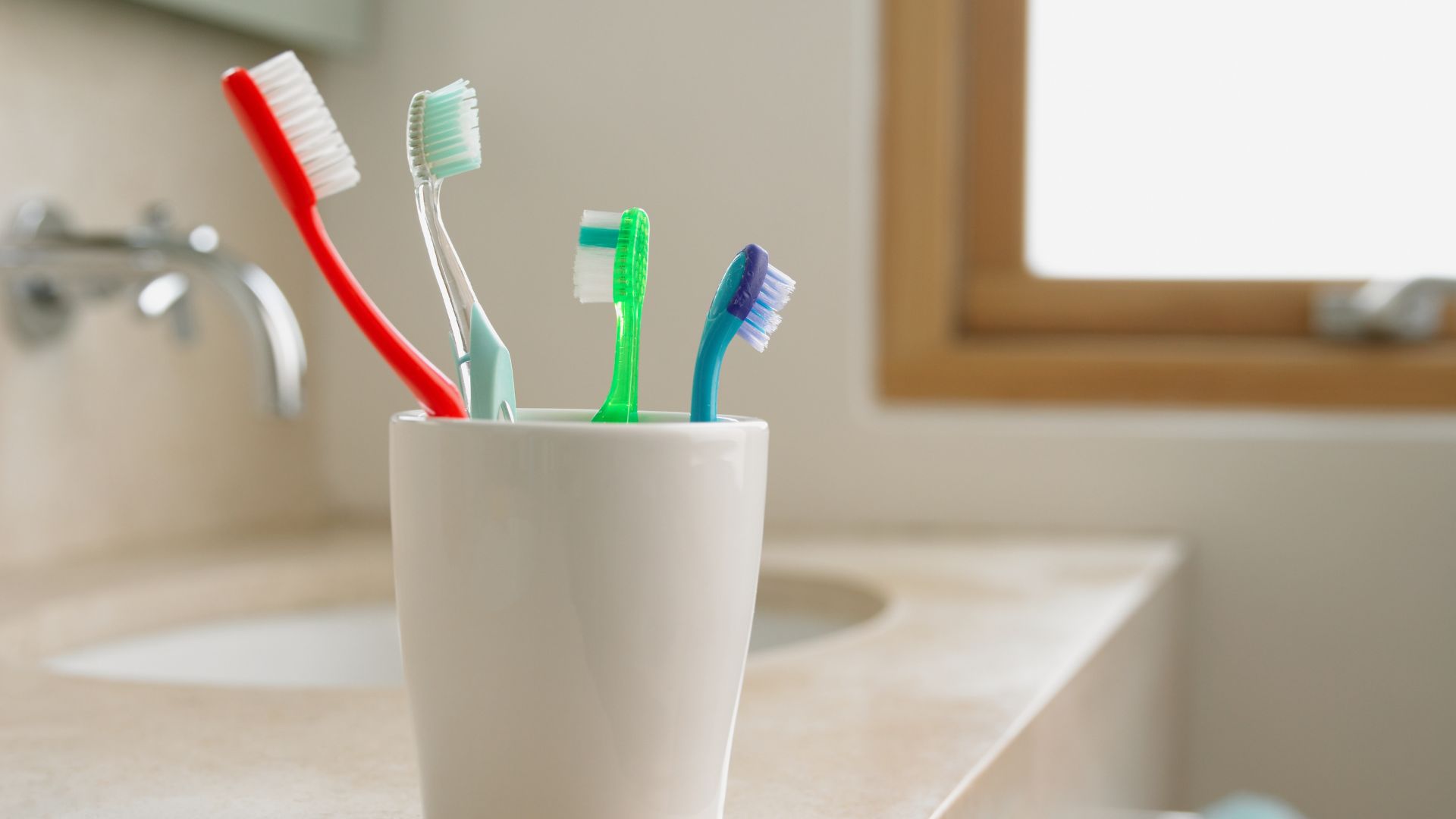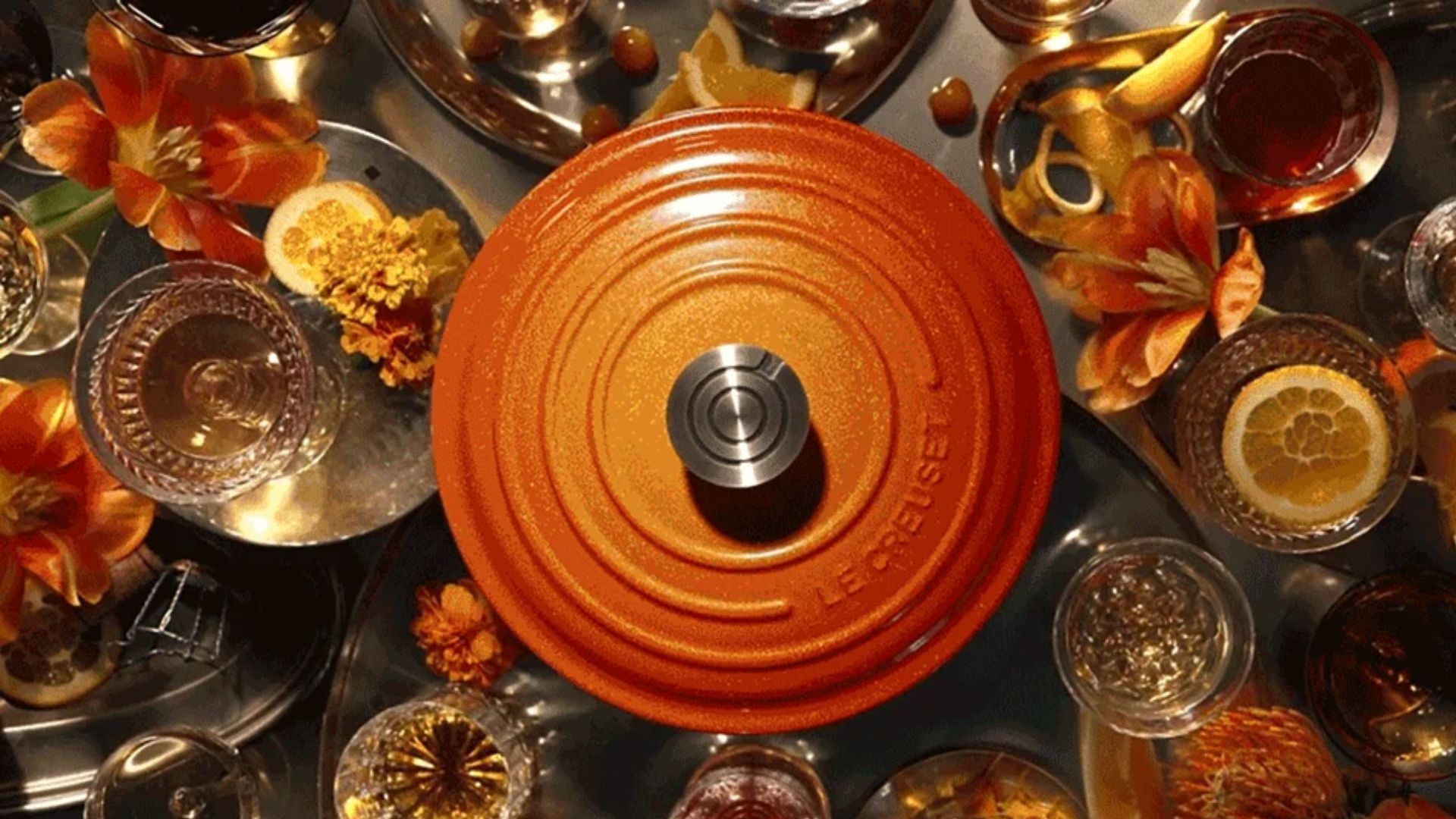How often should you change your toothbrush? Plus, what happens if you use the same brush for too long
Two dentists reveal how often you should change your toothbrush for better oral hygiene


How often should you change your toothbrush? Most of us are quick to replace hygiene products like body wash and shampoo when it runs out, but we don't tend to remember to buy a new toothbrush as often as we should.
After years of brushing, we tend to take our toothbrushes for granted and assume they stay clean with a dash of toothpaste and water twice a day. But that's far from the truth, according to the dentists who spoke to woman&home. We're missing many of the classic signs of wear-and-tear that could be leading us down a particularly bacteria-covered path.
So, before you look to invest in one of the best whitening toothpaste or other procedures to brighten your smile, it's worth going back to square one and learning how often you should brush your teeth with a new manual or electric toothbrush.
How often should you change your toothbrush?
How often you should change your toothbrush entirely depends on the type of toothbrush you're using, explains award-winning dentist Dr Rhona Eskander. Here, she outlines when you need to buy a new toothbrush based on whether you use a manual or electric toothbrush:
Manual toothbrush
If you brush with a manual toothbrush then you should change your brush every three to four months, says Dr Eskander. "If you use your brush for much longer than that, the bristles will start to become frayed and worn, and they won’t be as effective at clearing away plaque. When too much plaque and food debris linger in your mouth, your risk of tooth decay and gum disease increases."
Electric toothbrush
If you have an electric toothbrush, replace the head every 12 weeks. "This should be done more often than for a manual toothbrush because electric brushes often have shorter bristles. They tend to become worn down more quickly and must be replaced sooner," Dr Eskander says.
But if you're being cautious, you could replace the head of your brush earlier than this. "You might even want to switch out your brush head earlier than 12 weeks if you notice that the bristles don’t appear to be in the best shape."
Sign up for the woman&home newsletter
Sign up to our free daily email for the latest royal and entertainment news, interesting opinion, expert advice on styling and beauty trends, and no-nonsense guides to the health and wellness questions you want answered.

What happens if you don't change your toothbrush?
1. You could damage your teeth
Using a toothbrush past its sell-by date will mean that your twice-daily clean won't be as effective as it should be, warns Dr Eskander. "The bristles become frayed and frayed bristles are less effective in removing plaque and food debris around the teeth," she explains. Knowing how to brush your teeth properly will ensure this isn't an issue for you normally but if your toothbrush's bristles aren't up to scratch, then the technique won't work as it should.
It's important to be aware that some kinds of toothpaste might speed up the fraying process as well, says dentist Dr Silviu Cartas . "An abrasive toothpaste causes more friction, leading to more advanced bristle wear," he says.
2. Increased risk of gum disease
In the same way, if you don't effectively remove the plaque from your teeth then your gums will suffer. "Less effective plaque removal can lead to excess bacteria in the mouth, which causes bad breath, and it can get redeposited in the mouth causing reinfection, and an increased risk of gingivitis," Dr Eskander says.
Learning how to floss your teeth properly will also help with this but gingivitis is a serious condition that can cause the teeth and gums to separate, and tooth loss in some cases. If you are concerned about your oral hygiene with symptoms including red, bleeding, sore, or swollen gums, be sure to visit your dentist as soon as possible.
3. Mold may grow on your toothbrush
This is a pretty extreme case but as many people keep their toothbrushes in the shower and other humid spots in the bathroom, like next to the sink, it's something to be aware of. Dr Cartas, who works with Bupa Dental Care, says, "The storage conditions of toothbrushes are directly related to the number of bacteria found on them and bacterial survival."
It should be even more of a worry if you keep your toothbrush on a sink that's anywhere near a toilet. "Did you know that flushing the toilet can create an aerosol effect, spraying germs through the air? Shutting the toilet lid can help but keep toothbrushes as far away from the toilet as possible to reduce the number of bacteria that may land on them."
If your toothbrush has been in your bathroom for a couple of months as well, then the build-up of bacteria is likely to be even higher.

4. You could spread an infection onto someone else
There are a couple of instances where you should look to change your toothbrush more regularly and one of them, the dentists say, is after recovering from an illness like the flu. Hanging onto your toothbrush after the last tissue has been thrown away isn't only unhygienic for you, but you're likely to pass on the germs sitting on your toothbrush to someone else if they store their brush in the same place.
A study by Jaipur Dental College, published in the New York State Dental Journal, explains exactly why this is so important. Their research showed that up to 70% of used toothbrushes contain bacteria like the flu virus, staph bacteria, E. coli, yeast fungus, and strep virus, which are all capable of causing serious illness.
In light of this, Dr Cartas stresses, "It is important to remember that after recovering from a contagious medical condition, it is mandatory to replace your toothbrush."
Tips for keeping your toothbrush clean
Want to make sure your pick of the best electric toothbrushes or your trusty manual toothbrush stands the test of time? Dr Eskander suggests the following:
- Keep toothbrushes separate: "Don’t keep your toothbrush in a place where it could come into contact with the head of another toothbrush," she says. "This makes it all too easy for germs to spread to everyone in a household."
- Always rinse: "Always rinse off your toothbrush after brushing your teeth."
- Store your toothbrush out in the open: "Don't put your toothbrush in a closed container," she warns. "This creates an ideal environment for bacteria to grow."
- Never share a toothbrush: "No matter how close you are with another person, never share your toothbrush."
- Keep cleaning simple: "Do not use mouthwash, soap, or other distinfectants to clean your toothbrush," says Dr Eskander, as it's equally as bad for the brush as it might be for you.

Grace Walsh is woman&home's Health Channel Editor, working across the areas of fitness, nutrition, sleep, mental health, relationships, and sex. She is also a qualified fitness instructor. In 2025, she will be taking on her third marathon in Brighton, completing her first ultra marathon, and qualifying as a certified personal trainer and nutrition coach.
A digital journalist with over seven years experience as a writer and editor for UK publications, Grace has covered (almost) everything in the world of health and wellbeing with bylines in Cosmopolitan, Red, The i Paper, GoodtoKnow, and more.
-
 Le Creuset has taken the gold standard literally — their 100 year launch features real gold and an iconic designer collaboration
Le Creuset has taken the gold standard literally — their 100 year launch features real gold and an iconic designer collaborationLe Creuset have turned 100 years old and to celebrate they have launched a new colour — Flamme Dorée — as well as a coffee table book with designers Assouline
By Laura Honey Published
-
 This chic, Brazillian perfume brand is our beauty team's secret to smelling expensive and unique
This chic, Brazillian perfume brand is our beauty team's secret to smelling expensive and uniqueFrom salty accords to modern twists on tuberose, there's a Granado perfume for every preference - but these 9 blends have our heart...
By Naomi Jamieson Published